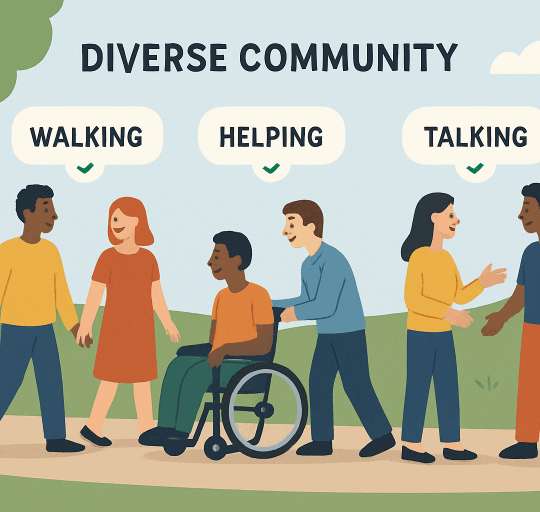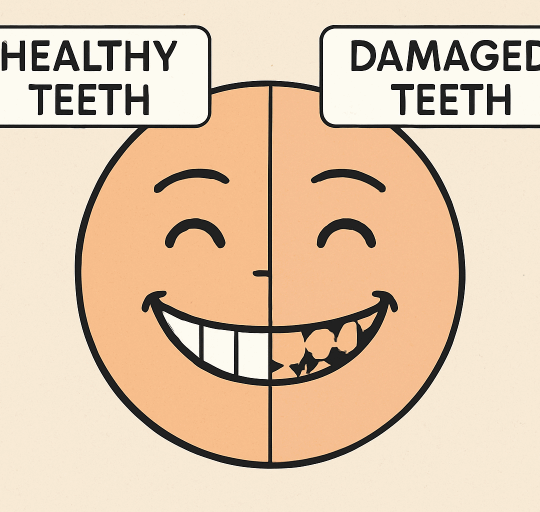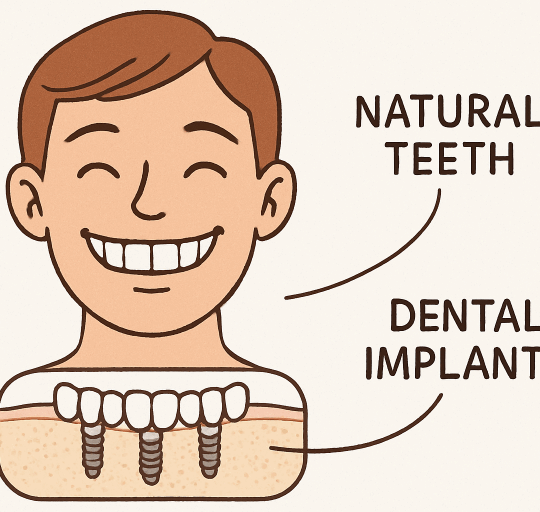 Fasting has been a tradition carried out throughout history by difficult cultures. This is commonly practiced by various religions and is done complementary to prayer. There are others who perform this for ethical, medical, and ritual activities. Due to these, plenty of people have learnt to adapt and function without food for prolonged periods.
Fasting has been a tradition carried out throughout history by difficult cultures. This is commonly practiced by various religions and is done complementary to prayer. There are others who perform this for ethical, medical, and ritual activities. Due to these, plenty of people have learnt to adapt and function without food for prolonged periods.
Fasting is the willful abstinence from food and drinks. In a physiological context, fasting refers to the metabolic adjustments which occur to your body after complete digestion and meal consumption. This typically begins 3–5 hours after you eat. Likewise, fasting may be performed in a complete, partial, lengthy, or intermittent manner.
Table of Contents
Intermittent Fasting
Intermittent fasting is an eating pattern where there is a period between eating and fasting. This practice does not specify which foods you are allowed to consume, but rather when you should eat during the day.
Intermittent fasting is commonly done through the 16/8 or 5:2 methods. However, there are other ways of introducing this into your routine. It may depend due to preference or of medical advice. With this, it may be tricky to integrate this beforehand, particularly if you’re new at it. Luckily, there are a lot of resources, such as Life Apps Intermittent Fasting Guide, available online to help get you started. These can assist you with safely practicing intermittent fasting in order to witness the potential positive results.
Moreover, many studies have reported that intermittent fasting may provide a lot of benefits to your body and help you live longer. No wonder a lot of people are engaging in this activity.
So, what could intermittent fasting do for your body? Let’s find out.
1. It may lower your risk of Type 2 Diabetes
Type 2 diabetes has become particularly common in the past few years. However, with intermittent fasting, you may able to protect yourself from developing such disease.
Intermittent fasting has been reported to provide health benefits, particularly in diabetes prevention. Fat reduction may lessen insulin resistance, which significantly decreases blood sugar levels and fights against type 2 diabetes.
Nonetheless, it is important to take note that outcomes may vary, hence it is best to consult your doctor about this before making drastic changes to your diet.
2. It may boost brain health
Mark Mattson, PhD, a neuroscience professor at John Hopkins University, showed studies that indicate how the brain, in response to fasting, adjusts its ways to deal with the abrupt change. The stress brought by intermittent fasting activates autophagy in the body’s cells—this is a natural phenomenon where the body regenerates, repairs, and detoxifies itself. When this occurs, brain function is optimized.
Furthermore, he claimed that intermittent fasting may promote protein production in the brain. This may improve neural connections which, in turn, may aid the functioning of synapses.
3. It aids in weight loss
If you want to shed off a few pounds, intermittent fasting may help you.
The food you consume is broken down by enzymes in your gut. These resulting molecules are found in your bloodstream and are distributed as sugar for your cells. After this, excess sugar is then stored as fat.
As long as you don’t snack in between your feeding window, your insulin levels will decrease. To balance this off, your fat cells will burn their stored energy. This will sustain you during your fasting period. Eventually, all of these mechanisms promote weight loss.
Of course, along with a healthy diet and proper exercise, you may be able to manage your weight. A lot of tips for getting back in shape are available online. These may aid you in losing weight safely and effectively.
4. It may increase physical performance
The focus of intermittent fasting is to curb hunger, which leads to calorie restriction due to a shortened feeding window. This may then enhance body composition and metabolic markers.
Intermittent fasting may be appropriate for recreational athletes who train for less lengthy and intense periods than professionals. They may have lower energy requirements and fasting may aid in weight management.
Moreover, a recent review claimed that if you are an elite athlete, intermittent fasting may be an advantage. It helps restrict calories and may minimize muscle hypertrophy due to lengthy resistance trainings.
5. It may promote heart health
Dennis Bruemmer, MD, PhD, Director of the Center for Cardiometabolic Health, has stated that four of the major risks for heart disease are high blood pressure, cholesterol, diabetes, and weight. Studies have claimed that through intermittent fasting such factors may be controlled. This may then help reduce the risk of developing heart disease.
Likewise, intermittent fasting can enhance the way your body metabolizes glucose. This may eventually minimize the risk of weight gain and acquiring diabetes—factors that aggravate heart disease.
Final Thoughts

Intermittent fasting is regarded as one of the most popular methods of fasting. It is a globally-accepted practice by various individuals due to its potential health benefits.
This eating pattern may be easier to follow compared to the other types of fasting. However, if you want to incorporate this into your routine, you need to initially consult a physician or dietician, particularly if you have any underlying health issues.







